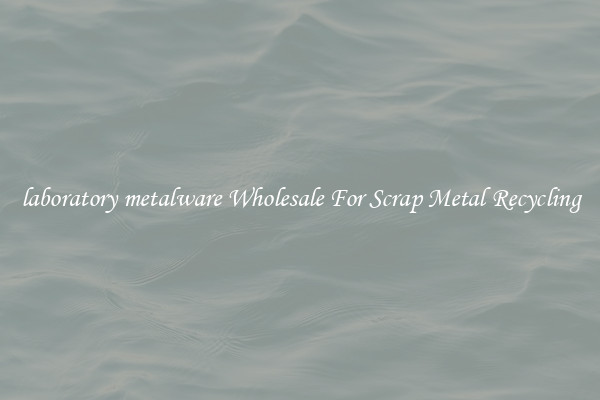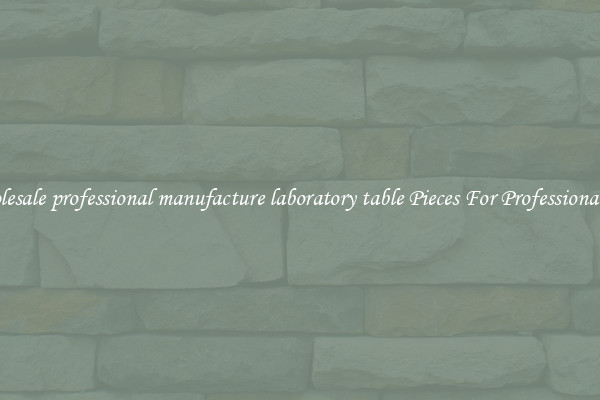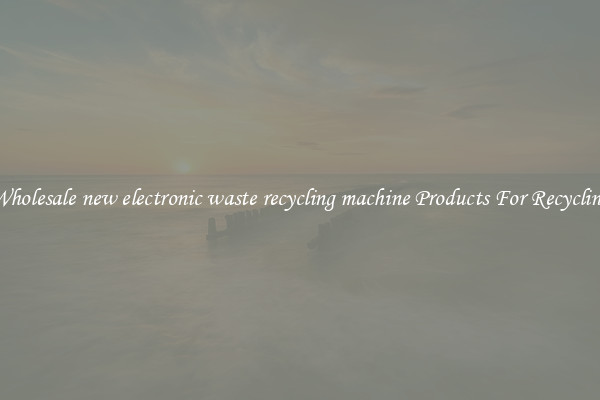laboratory metalware Wholesale For Scrap Metal Recycling
Laboratory metalware is essential equipment used in scientific research and experimentation. From beakers and test tubes to crucibles and spatulas, these tools play a crucial role in carrying out experiments accurately. However, what happens when these metalware items are no longer needed or become damaged? With the increasing emphasis on recycling and sustainable practices, it is important to explore avenues for scrap metal recycling, even in the laboratory setting.

Laboratory metalware can be recycled for scrap metal, ensuring that these materials do not end up in landfills and are given a new lease of life. Scrap metal recycling is beneficial for several reasons. Firstly, it reduces the demand for virgin metals, which are typically mined from the earth through environmentally damaging processes. By recycling laboratory metalware, we can lessen the need for new metal production and conserve natural resources.
Secondly, recycling metalware reduces energy consumption. The process of extracting and refining metals requires a substantial amount of energy. By recycling, we can significantly lower the energy consumption associated with metal production. This helps to reduce greenhouse gas emissions and combat climate change.
Furthermore, recycling laboratory metalware can have economic benefits. Many recycling companies offer competitive prices for scrap metal, providing an opportunity to recover some of the initial investment made in purchasing laboratory equipment. Laboratories can use the money earned from recycling to reinvest in new equipment, further supporting their research and experimentation efforts.
To facilitate the recycling process, it is essential to establish efficient wholesale channels for laboratory metalware. Wholesale for scrap metal recycling allows laboratories to dispose of their unwanted metalware in large quantities, ensuring a streamlined and cost-effective process. By partnering with recycling companies that specialize in laboratory metalware recycling, laboratories can benefit from a hassle-free recycling experience. These companies have the necessary expertise and equipment to handle different types of metalware safely and efficiently.
When considering wholesale for scrap metal recycling, laboratories should ensure that the recycling company operates in line with environmental regulations and promotes sustainable practices. It is important to work with a reputable company that can provide documentation certifying the proper disposal and recycling of the metalware. This will help laboratories meet their corporate social responsibility goals and contribute to a greener future.
In conclusion, laboratory metalware can and should be recycled for scrap metal. Wholesale channels for scrap metal recycling provide an efficient and environmentally friendly method for laboratories to dispose of unwanted or damaged metalware. By participating in the recycling process, laboratories can contribute to sustainability efforts, conserve natural resources, reduce energy consumption, and even earn some revenue. It is crucial for laboratories to partner with reputable recycling companies that specialize in laboratory metalware recycling to ensure responsible and efficient disposal. With wholesale scrap metal recycling, laboratories can play their part in creating a more sustainable and environmentally friendly research environment.

View details

View details

View details

View details








